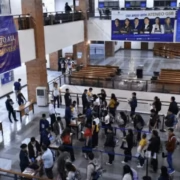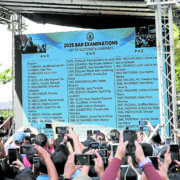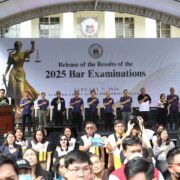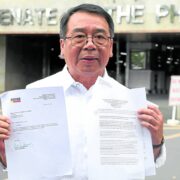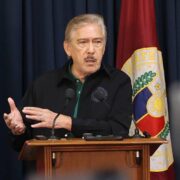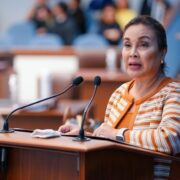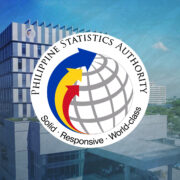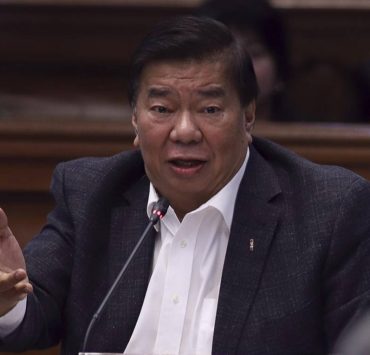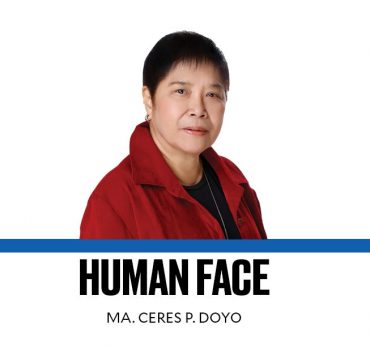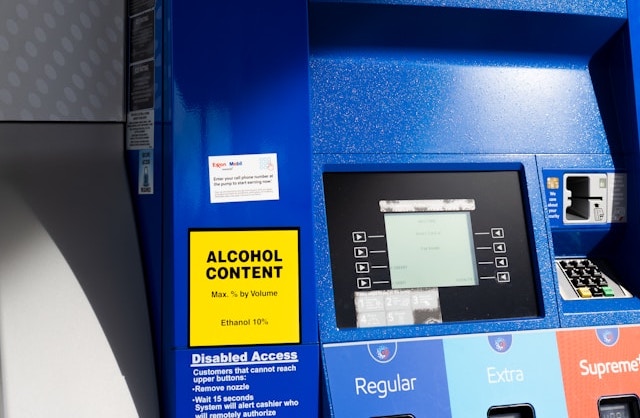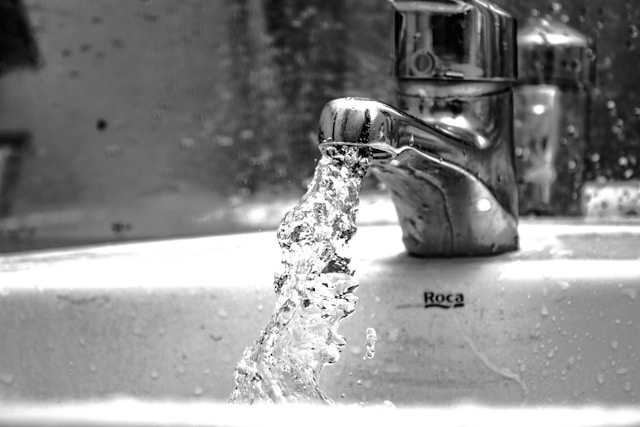MIAA completes maintenance sans problem
The Manila International Airport Authority (MIAA) completed on Wednesday a planned electrical maintenance and upgrading operation of Ninoy Aquino International Airport (Naia) Terminal 3. The maintenance, which was announced on Sunday, started at 12:01 a.m. and wrapped up at 3 a.m., the MIAA said in a statement. The maintenance involved the necessary upgrade of main unit cables that connects the Manila Electric Co. (Meralco) and MIAA main substations. It also included the crucial task of replacing vacuum circuit breakers and protection relays at the main substation. These breakers and relays are integral elements of Naia Terminal 3’s comprehensive electrical infrastructure, the MIAA said. Bryan Co, officer in charge of the MIAA, expressed his satisfaction at the success of the maintenance work. Co also highlighted their partnership with Meralco and other various stakeholders, which helped in the implementation of the maintenance. —GILLIAN VILLANUEVA
‘Cybersecurity bills to become priority’
President Marcos on Wednesday agreed to the Private Sector Advisory Council’s (PSAC) recommendation to certify as “priority legislation” four pending bills that aim to strengthen the country’s cybersecurity efforts. In a meeting in Malacañang, the President told PSAC lead convener Sabin Aboitiz, and Henry Aguda, PSAC digital infrastructure sector head, that he would speak with congressional leaders and see how and what could be done to move the bills and secure their eventual passage. The bills pending at the Senate include the Cybersecurity Act (Senate Bill No. 1365), Anti-Mule Act (Senate Bill No. 2039) and the Online Site Blocking Act (Senate Bill Nos. 2150 and 2385). Senate Bill 1365 includes provisions for identifying and safeguarding critical information infrastructures, as well as potential penalties for underperforming entities in observing the standards and practices to protect digital assets. Senate Bill 2039 would criminalize registering or opening an account using fake identity, selling or transferring an account to unauthorized persons, purchasing or using an account without being the owner, as well as recruitment of people to open accounts for fraudulent purposes. Senate Bills 2150 and 2385 aim to block websites showing pirated content, will protect the creative industry and consumers from the inherent dangers of online content piracy. —JEROME ANING

